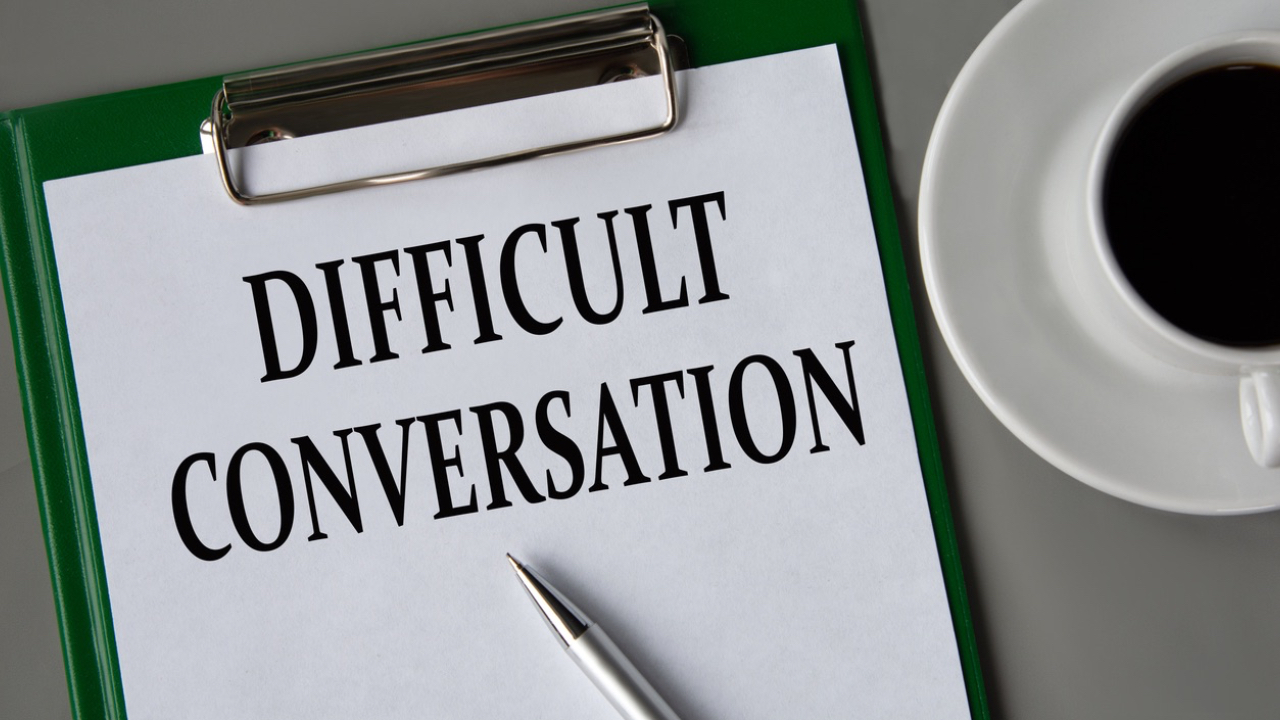
Tools for Managing Difficult Conversations
Jun 17, 2025Tools for Managing Difficult Conversations
This was the topic of our recent Management Under Construction episode. Here I’m sharing some key takeaways from it if you haven’t listened yet.
Most people don’t look forward to difficult conversations—and it’s easy to see why. These interactions often bring discomfort, fear, and the potential for conflict; yet avoiding them can lead to even bigger issues down the line. Whether you're a team leader, a colleague, or simply someone trying to maintain healthy relationships, learning how to handle difficult conversations is an essential skill.
-
Why We Avoid Difficult Conversations
Many of us dodge hard discussions because they’re emotionally charged and unpredictable. There’s a fear of saying the wrong thing, damaging relationships, or facing confrontation. But when problems are ignored, they don’t go away—they usually get worse.
-
Understanding Personality Styles
One powerful tool for managing difficult conversations is understanding personality styles. Different people process information, express emotion, and respond to feedback in unique ways. Tailoring your approach to the person you're speaking with—whether they’re analytical, direct, emotional, or reserved—can help you communicate more effectively and reduce tension.
-
Emotions Matter—But Don’t Let Them Take Over
Emotions play a huge role in how conversations unfold. It’s important to acknowledge them—both yours and the other person’s—but not let them hijack the conversation. Staying calm, focused, and respectful helps create space for meaningful dialogue.
-
Preparation Is Everything
Going into a difficult conversation without a plan rarely ends well. Before you speak, think through what you want to say, why it matters, and what outcome you’re hoping for. This preparation allows you to stay grounded and avoid being reactive.
-
Set the Stage for Success
The environment matters more than you might think. A private, neutral setting can help both parties feel safe and open to dialogue. If possible, schedule the conversation at a time when you’re both calm and not rushed.
-
Communicate Clearly and Honestly
Be upfront about why you’re having the conversation and what you hope to achieve. Clear communication helps eliminate assumptions and shows respect for the other person’s time and feelings.
-
Leaders Can’t Avoid Tough Talks
Difficult conversations are a necessary part of leadership. Whether it's addressing underperformance, navigating interpersonal conflict, or calling out toxic behavior, leaders have a responsibility to foster a healthy and accountable workplace. Ignoring problems can harm team morale and performance.
Final Thoughts
No one enjoys tough conversations—but they are an unavoidable part of life and leadership. With the right tools—understanding personality styles, preparing thoughtfully, managing emotions, and communicating clearly—you can handle them with confidence and compassion. When done well, difficult conversations often lead to stronger relationships, improved performance, and greater trust.
You can find the Management Under Construction Podcast on Apple, Spotify, Amazon Music, iheart and anywhere you love to listen. For video, you can find us on YouTube.
Catch up on all episodes on yspe.co here: https://bit.ly/MUCepisodes
Feeling that thirst for more technical education and coaching? We've got you. Visit our website now.
Join our free members list
Join our mailing list to receive the latest updates on courses, coaching and blogs.
Don't forget to allow yspe.co to your approved senders and check your folders just in case!
We hate SPAM. We will never sell your information, for any reason.

